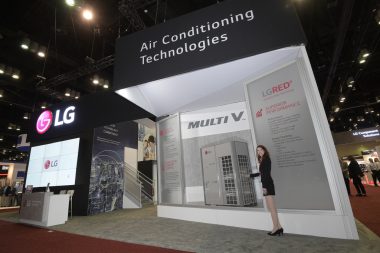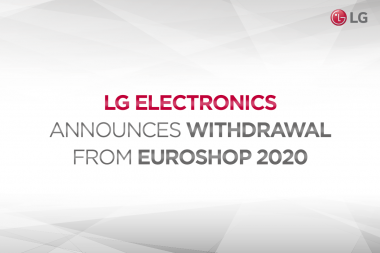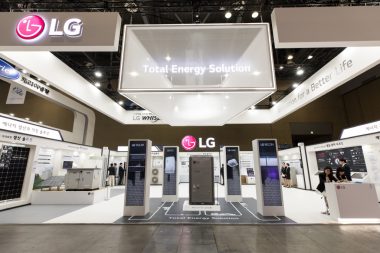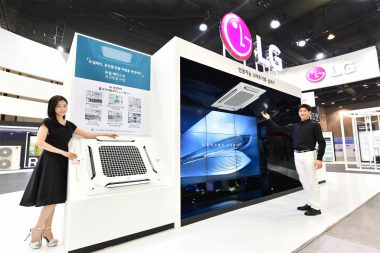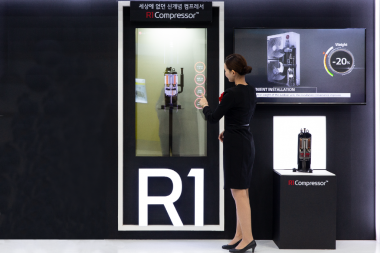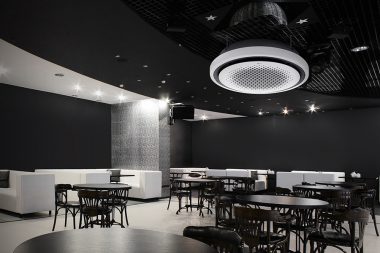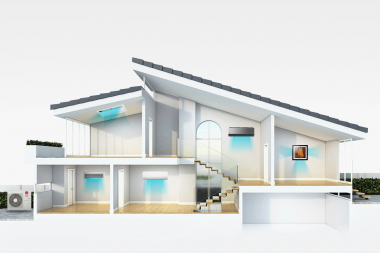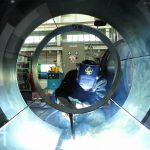
Smart home and smart building applications are raising expectations for home owners and building administrators, and for good reason. The smart technology available on the market has the potential to make our lives more convenient and more efficient. This technology is also being implemented in the HVAC market and improving the effectiveness and value of our HVAC systems. Smart technology is taking hold in HVAC solutions and changing the dynamic in the market. Let’s discuss a few of these smart innovations and the role they play in improving HVAC systems.
Automation & Sensors
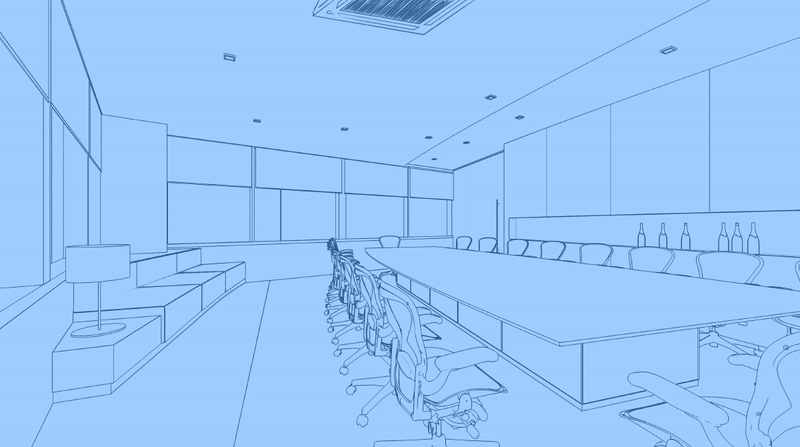 Smart sensors such as thermal and occupancy sensors are implemented for comfort and efficiency
Smart sensors such as thermal and occupancy sensors are implemented for comfort and efficiency
With the implementation of sensors and automation in HVAC systems, it is possible to conserve energy, reduce costs and improve the comfort of occupants. Occupancy sensors are utilized to determine whether or not a room or space is occupied. This application of occupancy sensors is ideal for hotels, offices or other high-traffic facilities. A network of sensors can be coupled with a BMS or other automation system to engage the HVAC system only when a space is occupied or in use. Thermal sensors can also be strategically implemented to detect temperatures in specific spaces in a building. This configuration allows an HVAC system to simultaneously improve the efficiency of a facility while providing better comfort of building occupants. A system with thermal sensors can be particularly effective in instances where a large gathering of people in an office or conference room may cause a sudden and temporary rise in temperature. While high levels of CO2 can negatively affect critical thinking and decision making, HVAC systems can use CO2 sensors to detect CO2 levels and adjust to provide a consistent flow of fresh air to a designated space. HVAC systems with CO2 sensors and CO2 level management are most effective in closed spaces in offices or industrial settings.
Hot Water — On Demand
 On-demand hot water systems can be more effective and more efficient
On-demand hot water systems can be more effective and more efficient
Having hot water delivered immediately and consistently goes beyond just a convenience, it actually saves water and money. The average home in some regions wastes as much as 12,000 gallons of water per year heating water in conventional systems. On-demand hot water systems re-circulated unused water back to the water heater and can eliminate the need for storage tanks while saving water.
Alternative Energy
HVAC systems can make up a large portion of a building’s total energy consumption and, thus, be a large part of the costs incurred while operating a building. HVAC systems have also long been major consumers of electricity and the fossil fuels required to generate that electricity. Alternative energy sources and solutions not only reduce energy consumption and costs, but also reduce the impact on the environment. Here are a few alternative energy sources that are impacting the market.
 Alternative energy sources are prime examples of smart tech innovating the HVAC market
Alternative energy sources are prime examples of smart tech innovating the HVAC market
Certain chiller systems are able to produce and store ice overnight and use that ice to cool a facility during the day. In these systems, ice is produced when electricity demand and electricity costs are low to reduce electricity fees. The chiller system uses the ice storage cooling system in cooperation with the standard water tower cooling to further reduce operating costs. Geothermal heat pumps are another alternative energy source providing an environmentally friendly solution that utilizes the constant temperature of the Earth between 20 and 200 meters beneath the ground. They use the inherent temperatures in the Earth to provide cooling, heating and hot water to high-performance buildings. Geothermal heat pump systems simultaneously improve efficiency while providing utmost comfort to the building’s occupants. Solar power is another energy innovation that couples solar panels and energy storage systems with HVAC systems for sustainable heating and cooling. Additionally, solar power systems can also be used to power other systems and devices in a facility or home. Implementation of solar energy reduces electric bills while eliminating the need to rely on fossil fuels for electricity.
Smart Control
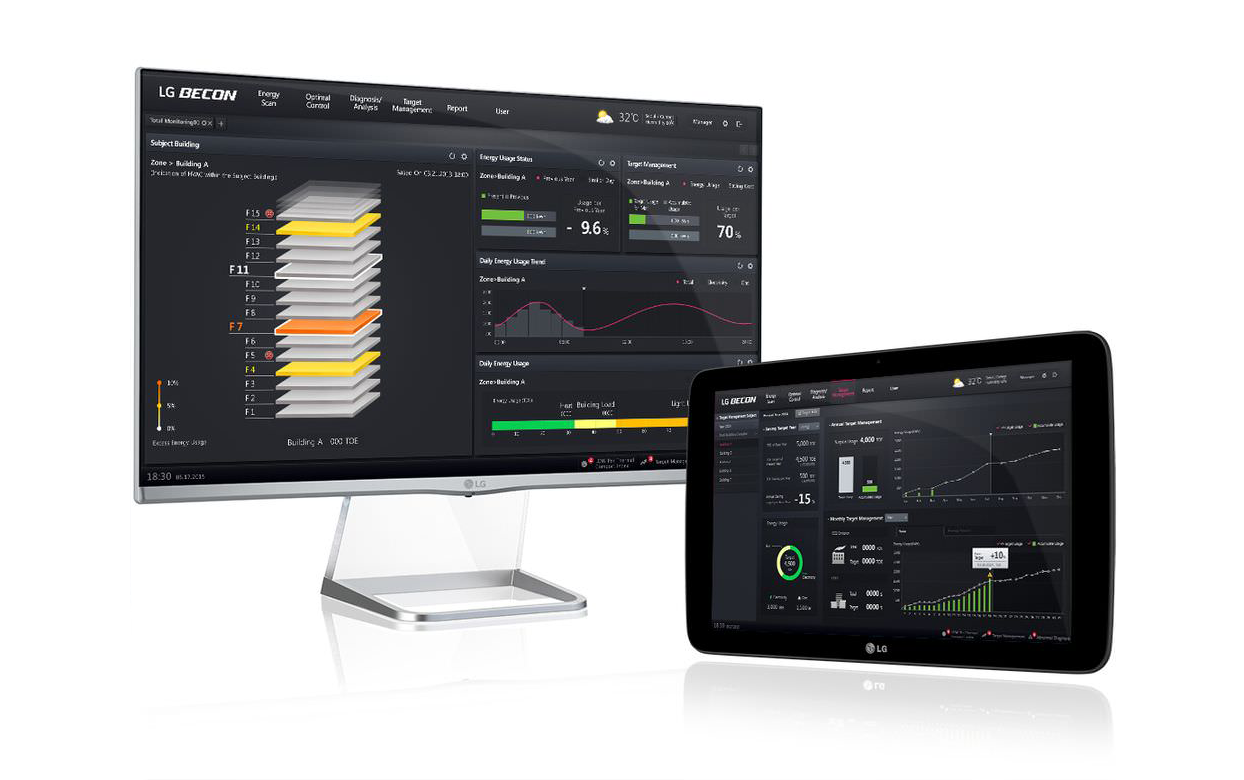 Smart control systems are continuing to evolve and make HVAC systems fully integrated
Smart control systems are continuing to evolve and make HVAC systems fully integrated
Comprehensive control systems can make management of an HVAC system convenient, cost effective and energy efficient. HVAC control systems are integrated into a building’s BMS to make centralized control of the HVAC system and other systems in the building possible. Detailed scheduling and remote control of the HVAC system greatly improves efficiency and comfort. Furthermore, remote monitoring and preventative maintenance assessment can be streamlined through centralized system integration.
While some of these innovations have yet to become staples in the HVAC market, others have been shaping the HVAC field for years. While this smart technology may go unnoticed by many, the impact on our lives and our systems is worth contemplation. Can you think of any other applications for smart technology in HVAC?


